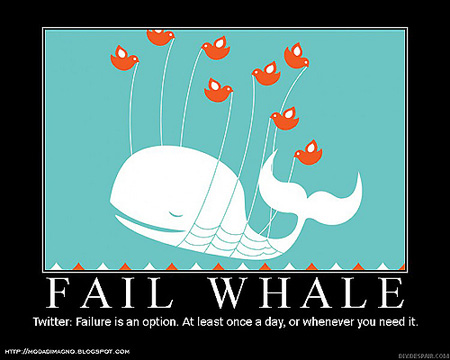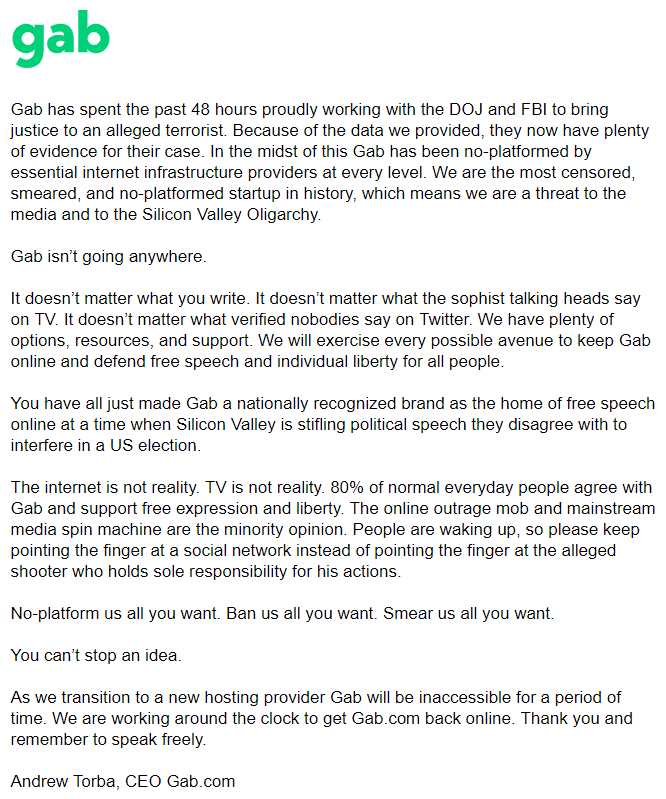While I rarely like to concede defeat in a Twitter smackdown, I had to admit that this festival’s social-media people had me dead to rights — for it’s absolutely true that Webb Campbell wasn’t censored in any formal sense. None of the events I am describing here involve the government. Nor was Webb Campbell muzzled in any way by Book*hug, which presumably would have been only too happy to have her publish her book elsewhere. Webb Campbell could have put the controversial poem on Facebook, or Tweeted it out line by line. But she did none of this. Instead, she swallowed her pride, signed the confession that had been placed in front of her, and prayed that she would be readmitted into CanLit’s good graces — which, in fact, now seems to be happening, following what seems to have been an elaborate months-long display of performative contrition on Webb Campbell’s part. (The festival’s flacks also were correct that Webb Campbell never asked for my help or advice. Just the opposite in fact: I suspect that the poet would have opposed my involvement, since my views on free speech (and a dozen other topics) mark me as an outsider to her caste, and one badly tainted by cultural wrongthink.)
One thing about Nineteen Eighty-Four that does still ring true about the current age of crowdsourced censorship is the reverse classism at work. In Orwell’s Oceania, the intellectual class is scrutinized relentlessly for the slightest deviation in thought or speech, while “proles” are free to wallow in astrology, smut and sentimental storytelling.
There was even a whole sub-section — Pornosec, it was called in Newspeak — engaged in producing the lowest kind of pornography, which was sent out in sealed packets and which no Party member, other than those who worked on it, was permitted to look at.
The same principle applies in broad form today. Canadian tabloids publish material every day that would be deemed offensive to Ottawa Writers Festival types in all sorts of ways. But with rare exceptions, it gets a pass, because it is seen, in effect, as a sort of ideological Pornosec. The world of Canadian poetry, on the other hand, is a tiny rarefied world run by, and for, a few hundred Canlit Party members — all relentlessly scrutinizing one another for ideological heresies through the panopticon of social media. In this environment, Webb Campbell’s status as a reliably leftist, thoroughly woke poet who proclaimed her guiding light to be “decolonial poetics” was not a mark in her favor. Just the opposite: It confirmed her status as a full Party member, and therefore strictly subject to all the ideological strictures applicable thereto. When the scarlet letter is sewn upon such a specimen by one publisher within the tiny incestuous world of Canadian poetry, it is sewn upon her by all. And while it was once imagined that artists and writers had a special duty to speak out against censorship, dogma and speech codes, they are now conditioned to believe that their highest duty is toward avoiding offense and staying in their lane.
This, in capsule form, is how crowdsourced censorship works in the literary field. And analogous stories could be told about academia and other creative métiers. It is up to the government to maintain a free marketplace of ideas. But freedom from government censorship doesn’t mean much when the stall-owners in the marketplace of ideas organize their own ideological protection rackets to drive one of their own out of business. Venerable groups that once led the fight for free speech and freedom of conscience, such as PEN and the ACLU, seem completely unequipped to deal with the new threats. Their entire organizational culture always has been directed at pushing back against government monoliths, not decentralized mob subcultures.
But the fact that government has no direct role in this new kind of censorship does not mean that public policy can’t be part of the solution. For while it’s true that government isn’t directly engineering these newly emergent forms of crowdsourced speech suppression, the current public funding model can indirectly encourage them.
The reason Book*hug can pulp Shannon Webb Campbell’s book without worrying much about lost readers or earned revenue is that, to a rough order of magnitude, they don’t have any readers or earned revenue. Like most small, high-concept book publishers in Canada, Book*hug is overwhelmingly dependent on government subsidies, which are what allow it to publish obscure manifestoes and poetry volumes that, outside of copies assigned to review, libraries, friends and family, might be expected to sell a few hundred copies.
Or fewer.
I recently consulted an online index that tracks Canadian book sales. For the latest Book*hug releases, the average number of books sold, per title, for the 15 most recently published books seems to be about 60. The tracking service does not claim to capture all book sales, estimating its accuracy at about 85%. (Direct sales at book-launch events, for instance, may escape capture in the data.) So let us be generous and assume that the average book sells 100 copies, or even double that. It doesn’t matter: In commercial terms, this is a non-entity. Which means there really is little or no financial penalty to be suffered if Book*hug publishes, or doesn’t publish, Shannon Webb Campbell instead of some other author. Everyone in this heavily subsidized subculture is playing with house money — as are the niche literary journals run by charitable entities (including one where I briefly served as editor). And the real asset to be husbanded in all these places isn’t the affection of readers — there often aren’t any — but rather the editors’ reputation for ideological purity among peers, donors and Twitter followers.









